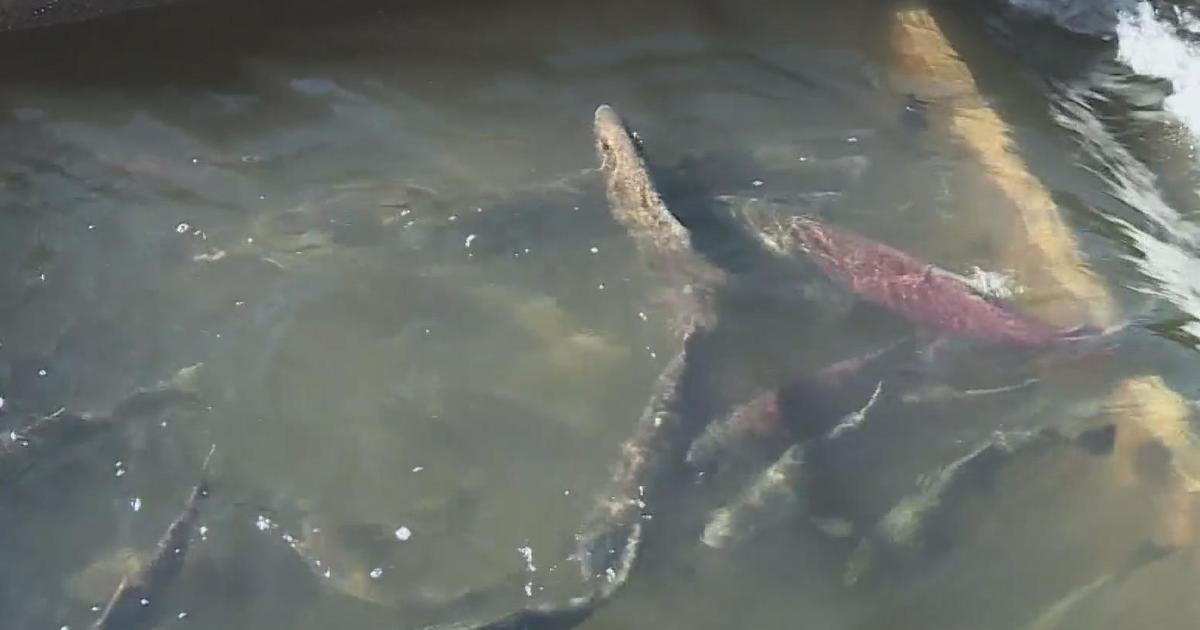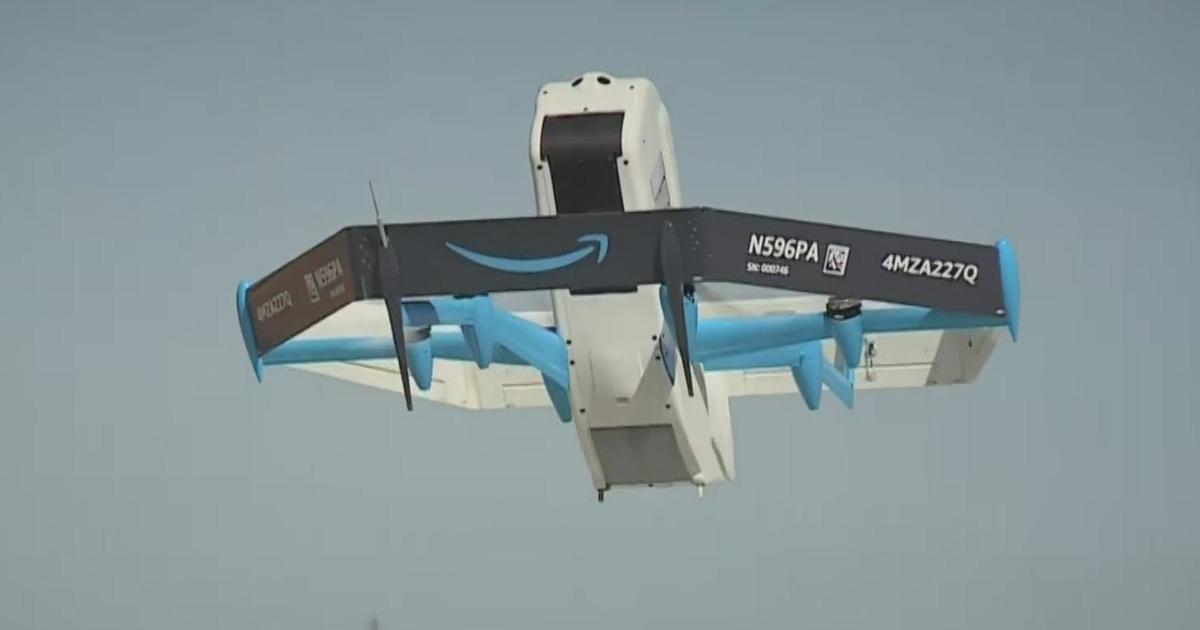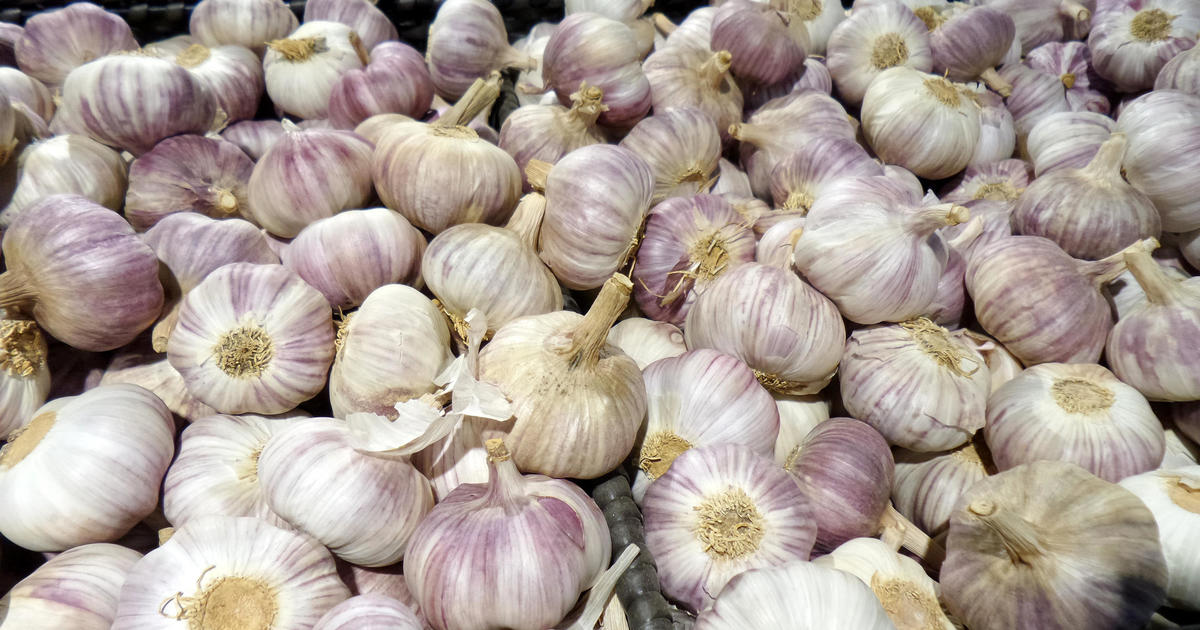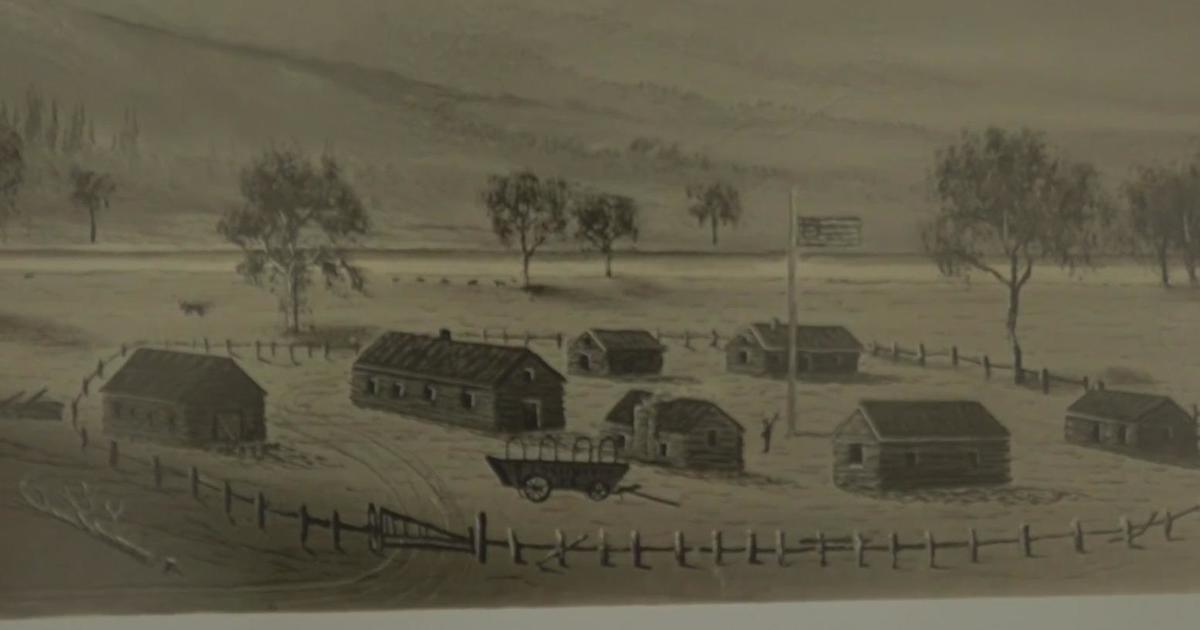Dungeness Crab Season Off California Coast To End Early
SAN FRANCISCO (AP/CBS13) — California's commercial Dungeness crab season will see an early end after two humpback whales were recently entangled in crab-fishing gear, authorities announced Friday.
The California Department of Fish and Wildlife said that the fishing season must close on April 8 from the Sonoma-Mendocino county line to the U.S.-Mexico border.
The decision comes after one humpback was spotted on March 17 caught in commercial crab nets off Moss Beach, in San Mateo County. Two days later, a second whale was spotted trailing a set of crabbing lines in Monterey Bay.
"The past few seasons have been difficult for fishing families, communities and businesses, but it is imperative that we strike the right balance between protecting humpback whales and providing fishing opportunity," said Charlton H. Bonham, director of Fish and Wildlife. "The fleet has done an impressive job helping CDFW manage risk of entanglement in the commercial fishery, including starting to remove fishing gear when the entanglements were first reported. This partnership helps ensure we protect future opportunities to fish and the incredible biodiversity of our ocean."
Any commercial Dungeness crab traps that are left in the water past the closure date will be removed starting on April 15, the department said.
The ruling does not apply to the commercial crabbers in Mendocino, Humboldt and Del Norte counties or recreational Dungeness crab fishing. But wildlife officials said that could change when humpbacks return to forage during the spring and summer.
Catherine Kilduff of the Center for Biological Diversity applauded the closure but said more needs to be done to protect the migrating whales.
"Humpback whales migrate hundreds of miles to Monterey Bay, and state officials should protect every single one while they're feeding there. It's time to get serious about moving to ropeless gear that keeps whales safe off the California coast," she said.
Each year, the whales migrate north from Mexico's Baja California peninsula where they birth calves. They stay off the coast of California in spring and summer to feed on anchovies, sardines and krill before continuing on their northerly migration to cool, food-rich Arctic waters.



